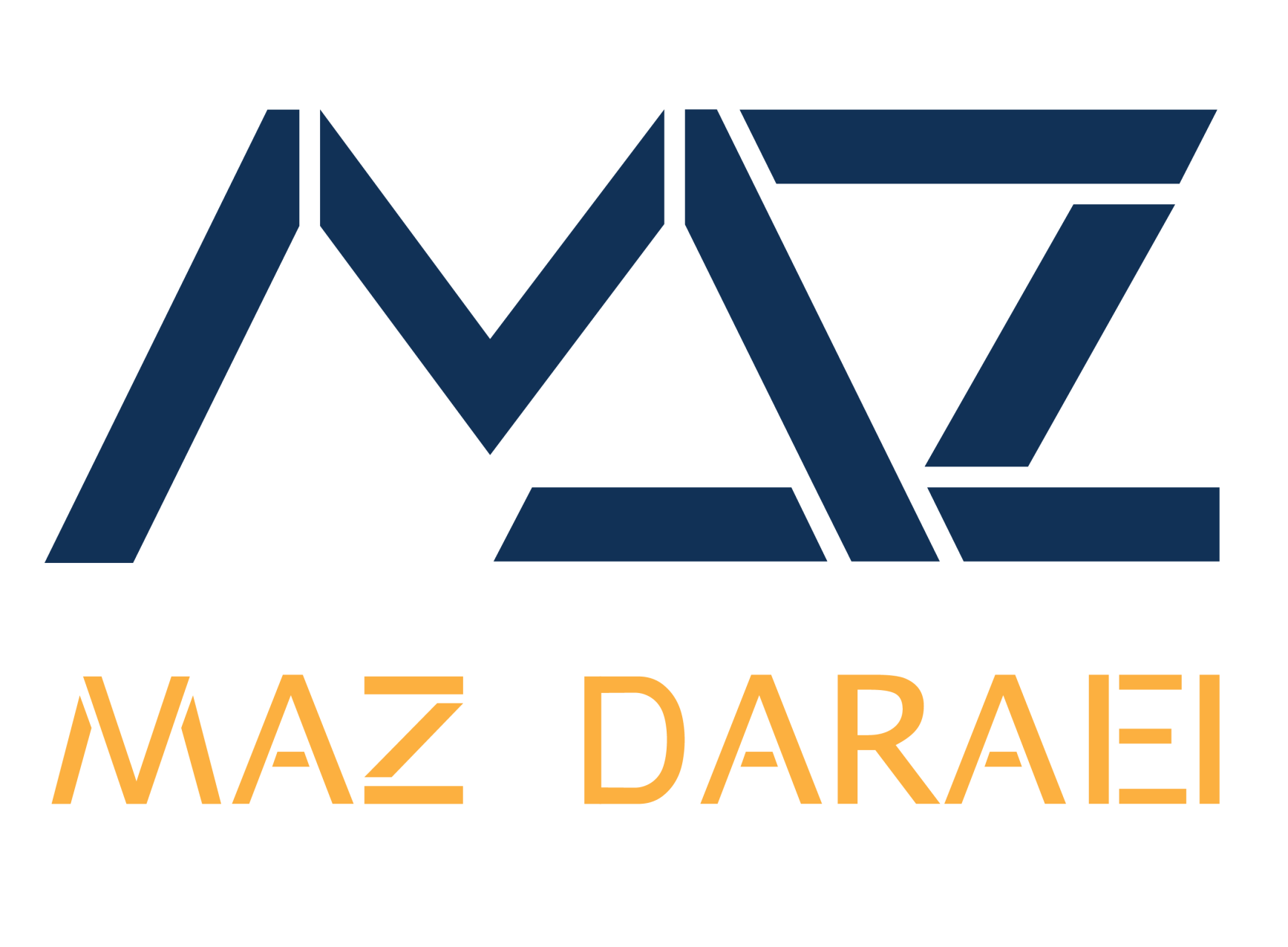
Renewal

What Is A Mortgage Renewal?
Mortgage renewal is the process of renegotiating the terms of your current mortgage with your existing lender at the end of the mortgage term, usually involving a new rate and terms offered by that lender.
Mortgage Renewal vs. Switching
As mentioned, mortgage renewal is signing a new agreement with your current lender when your existing mortgage reaches maturity.
In contrast, switching involves transferring your mortgage to a different lender, either at the end of the term or before it expires, often to obtain a better interest rate or terms. While renewal is typically simpler and involves staying with the same lender, switching can provide more competitive options but may come with associated costs.
Mortgage Renewal Tips
Begin the renewal process three months before your mortgage term ends.
Look at current mortgage rates from various lenders to see what's available.
Think about your financial goals and any changes in your income that might affect your mortgage choices.
Talk to your current lender about getting a better rate or terms.
Don’t just renew with your current lender; check offers from different lenders to find a better deal.
Consider talking to a mortgage broker or financial advisor for guidance.
Mortgage Renewal FAQs
What factors can affect my mortgage renewal?
The main factor that may affect your mortgage renewal is any decline in your financial situation since you first took out your mortgage. For instance, missed credit payments, lower income, job loss, or a drop in your credit score could impact the renewal process in a negative way.
What should I consider when renewing my mortgage?
When renewing, think about any life changes that could affect your borrowing profile. It’s also a good time to explore options like extending the amortization, switching rates, or choosing a shorter term, especially if you plan to move soon.
How can I decrease my mortgage payment?
To decrease your mortgage payment, consult your mortgage broker for a cash flow review. Options include making a lump sum payment, securing a lower interest rate at renewal, increasing your payment frequency, or extending your amortization period. Keep in mind that while extending the amortization can lower your payments, it may result in paying more interest over time.
Should I choose a fixed or variable rate mortgage?
The decision depends on your unique circumstances, as there is no one-size-fits-all answer. Variable rates are generally lower and can be less expensive over time, with fewer prepayment penalties, but they come with the risk of fluctuating payments. In contrast, fixed-rate mortgages offer stability and a locked-in payment, which can ease budgeting concerns, though they tend to have higher rates and prepayment penalties.
Does of Canada (BoC) decision to raise or lower their policy rate affect my mortgage payment?
Yes, it can. If you have a variable rate mortgage that adjusts with rate changes, the BoC's decisions will directly impact your payments. For variable rate mortgages with fixed payments, the impact may not be immediate unless your payment exceeds the trigger rate. In such cases, you would pay less toward the principal and more toward interest, potentially increasing your amortization period and overall interest costs.
The Bottom Line
You’re not obligated to automatically renew with your current lender. When your mortgage is up for renewal, it’s the perfect time to reassess your needs and compare products and rates. Switching to another lender for better rates or terms is easy and can save you thousands in interest.
